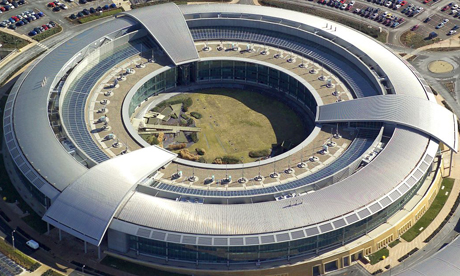Commentary and analysis of recent UK political events
Following Guardian editor Alan Rusbridger appearance yesterday, MI5 boss Andrew Parker is called to the home select affairs committee. Andrew Parker has previously appeared before the Intelligence and Security Committee with advance notice of questions. The committee is expected to ask Parker to justify his severe criticism of the Guardian for publishing articles sourced from the NSA whistleblower Edward Snowden i.e. essentially that publication by the Guardian endangered national security and that terrorists are now able to evade government snooping (spying).
Food poverty in UK has reached level of ‘public health emergency’, warn experts
Young people to be allowed to remain in foster care until age 21
The lies behind this transatlantic trade deal
…
From the outset, the transatlantic partnership has been driven by corporations and their lobby groups, who boast of being able to “co-write” it. Persistent digging by the Corporate Europe Observatory reveals that the commission has held eight meetings on the issue with civil society groups, and 119 with corporations and their lobbyists. Unlike the civil society meetings, these have taken place behind closed doors and have not been disclosed online.
Though the commission now tells the public that it will protect “the state’s right to regulate”, this isn’t the message the corporations have been hearing. In an interview last week, Stuart Eizenstat, co-chair of the Transatlantic Business Council – instrumental in driving the process – was asked if companies whose products had been banned by regulators would be able to sue. Yes. “If a suit like that was brought and was successful, it would mean that the country banning the product would have to pay compensation to the industry involved or let the product in.” Would that apply to the European ban on chicken carcasses washed with chlorine, a controversial practice permitted in the US? “That’s one example where it might.”
What the commission and its member governments fail to explain is why we need offshore arbitration at all. It insists that domestic courts “might be biased or lack independence”, but which courts is it talking about? It won’t say. Last month, while trying to defend the treaty, the British minister Kenneth Clarke said something revealing: “Investor protection is a standard part of free-trade agreements – it was designed to support businesses investing in countries where the rule of law is unpredictable, to say the least.” So what is it doing in an EU-US deal? Why are we using measures designed to protect corporate interests in failed states in countries with a functioning judicial system? Perhaps it’s because functioning courts are less useful to corporations than opaque and unjust arbitration by corporate lawyers.
…
